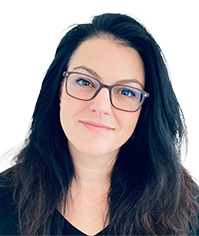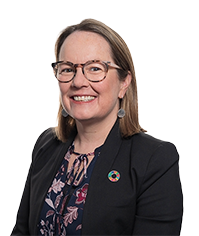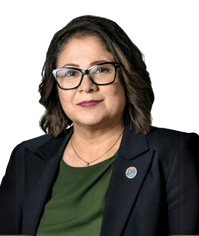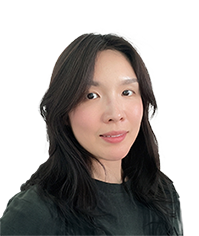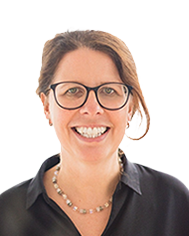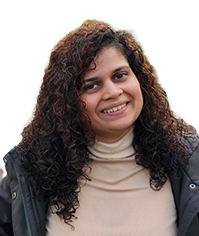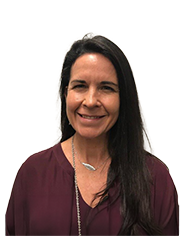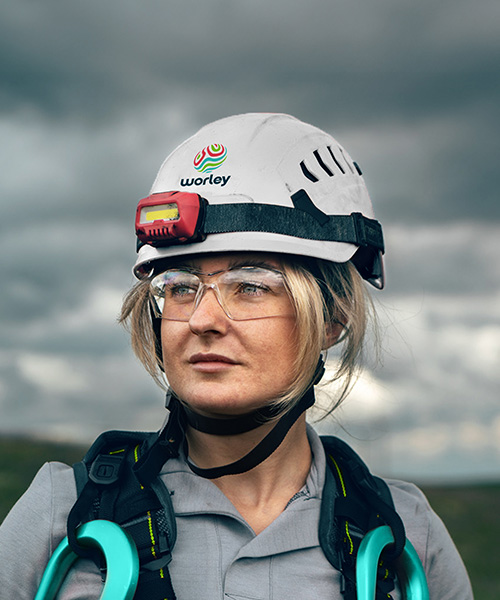March 18, 2024 • 4 min read
IWD: Why we’re striving for equality for women every day
Jackie Beer shares our approach to diversity, equity and inclusion (DE&I) and how we’re making our workplace a fairer place for us all.
Every March the world celebrates International Women’s Day (IWD). A day to honor the social, economic, cultural, and political achievements of women everywhere. While many of us enjoy the celebrations, IWD also highlights the multiple, tangible challenges experienced by women which are unlikely to be improved by standalone events, once a year.
Achieving equality for women across the world requires a determined and informed approach the other 364 days of the year too.
Changing our approach to DE&I
An equal world for women won’t be achievable until systems, ways of working and decision making are evolved to become fairer, more inclusive and less susceptible to bias and the status quo.
We’re at the foothills of this challenge and we know there’s no short term fix. We need to look at the different steps involved and focus on incremental gains, adopt practices that are aligned with our values and that will produce a more equitable and inclusive culture.
But like anything in life, hoping for change and setting goals doesn’t automatically lead to progress. Measurable change requires doing things differently. Over the past 12 months we’ve assessed our business on what we’re doing to make our workplace a more equal place to work for women and evolved our thinking. As a result, we’re now intentionally taking a different approach.
So what exactly are we doing differently?
Embracing global expertise
Just as we partner with governments, communities, organizations, academia, and our peers to find ways to make sustainable transformation a reality, we’ve sought out evidence and expertise from around the world to better understand the barriers that impede equality for women. And identify potential solutions to dismantle them.
Our revised approach is grounded in behavioral science as we intentionally and gradually shift ingrained thinking that we need to fix the women – a common theme in so many workplaces – to how we can fix the systems. We’re also being rigorous to make sure we don’t confuse well intentioned activity with effective action.
We’re using tools and practices that help us progress towards our targets, and make sure everyone can benefit. This includes better performance and decision making, innovation, retention, as well as safety practice, all critical to our purpose of delivering a more sustainable world.
Increasing leadership accountability
Our leaders have targets in place, linked to remuneration, for hiring and promoting women into senior positions and for their contributions towards psychologically safer, more inclusive cultures.
We scrutinize our data and use it to illuminate patterns of decision making. Our CEO and the Group Executive collectively oversee our progress towards our global targets, regularly tracking hiring outcomes.
Building capability of decision makers
We support our teams to understand what to do differently when it comes to decision making in the hiring process and the why behind it.
We’ve established new hiring standards to improve process consistency and outcomes, addressing the many subtle and nuanced biases that impact hiring outcomes for women and those from diverse identities.
We’ve drawn on decades of research on what affects women’s careers and expertise from around the world to develop and curate evidence-based playbooks to inform and guide decision makers.
Addressing workplace sexual harassment
The broader inequality women experience contributes to sexual harassment and until we can address this issue head on, we won’t succeed in creating an environment where women in particular feel safe, respected and willing to stay with us.
Underpinned by our Life value, we recently launched our global Respectful Workplace Behavior Policy, supported by our Respect at Worley program to help prevent and respond to sexual harassment and other harmful behaviours in the workplace.
Being rigorous with our standards
We’re reassessing DE&I activities to make sure we’re absolutely confident they’re effective. The reasons behind this are two-fold: good DE&I practice is a core component of good safety practice that’s crucial to all of us. And we know ineffective DE&I programmes aren’t just disappointing, their very existence can create an illusion of fairness, leading many people to wrongly conclude that the issue is resolved.
Choosing gender equality every day
Our new approach sees us facing into the issues that matter and prepares us to do things differently. It requires perseverance, but the result will be worth it. Worth it for our people, for our business, everyone’s safety and for delivering successfully for our customers.
So when it comes to making our workplace and our world more equal for women, we have to choose what’s right over what is quick and easy, not for just today or for the month of March, but for every day.
- WOMEN OF WORLEY

